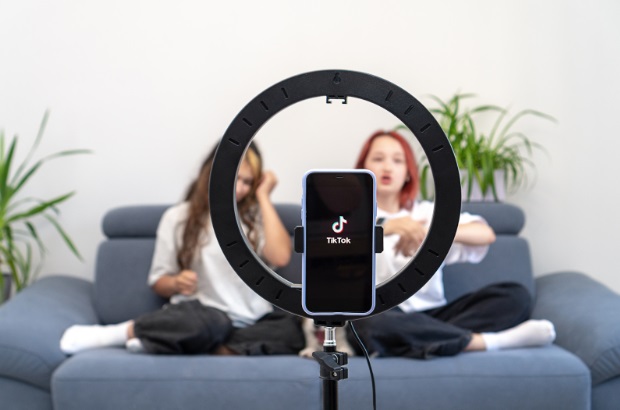Addressing Misinformation in the Age of TikTok: Insights from Healthcare Leaders at Northwell, Providence, and Intermountain
March 09, 2023
- The rise of social media platforms like TikTok has increased false information, which has become a significant issue for healthcare leaders at Northwell, Providence, and Intermountain in the healthcare sector.
- Building trust with patients and the general public is crucial for addressing misinformation. This involves open dialogue and engagement on social media platforms to provide accurate information that patients can rely on.
- Healthcare leaders are partnering with community organizations and influencers to amplify factual information and combat disinformation. Data and analytics are also being used to track the effectiveness of their efforts and identify false news.
Social media sites like TikTok have developed into practical tools for spreading information and influencing public opinion in the digital era. Yet, as social media has grown, false news has become a significant problem. Addressing misinformation has been a primary issue for leaders like those from Northwell, Providence, and Intermountain in the healthcare sector, where the correct information is essential.
In an article in Becker’s Hospital Review, leaders from these healthcare institutions recently highlighted their approaches to combating false information in the TikTok era. Focusing on fostering trust with patients and the general public is a crucial strategy. The vice president of community health at Northwell Health, Dr. Kevin Chatham-Stephens, stresses the value of developing trust via open dialogue and openness. At Providence, Chief Digital Officer Sara Vaezy notes that building trust requires healthcare organizations to be active on social media platforms and engage with patients directly. This means responding to questions and concerns in real-time and providing accurate information that patients can rely on.
Using alliances with local organizations and influencers is crucial for combating false information. Working with dependable community partners can aid in amplifying factual information and battling disinformation, according to Intermountain Healthcare Vice President of Communications and Marketing Daron Cowley. Healthcare leaders are using data and analytics in addition to these tactics to understand disinformation’s effects better and gauge the success of their attempts to prevent it. According to Vaezy, monitoring interaction rates and sentiment analysis can assist healthcare organizations in spotting false information and measuring the effectiveness of their responses.
In conclusion, addressing misinformation in the age of TikTok is a complex and ongoing challenge for healthcare organizations. By focusing on building trust with patients and the public, leveraging partnerships with community organizations and influencers, and using data to track the effectiveness of their efforts, healthcare leaders can help to ensure that accurate information prevails in the age of social media.
Recent News

November 07, 2023
UT Arlington’s Smart Hospital: Innovations and Advancements
The University of Texas at Arlington (UT Arlington) innovative hospital has […]
Read More
October 22, 2023
Healthcare’s 2023 Dilemma: Staffing Gaps
The healthcare sector in the US is grappling with a significant […]
Read More
